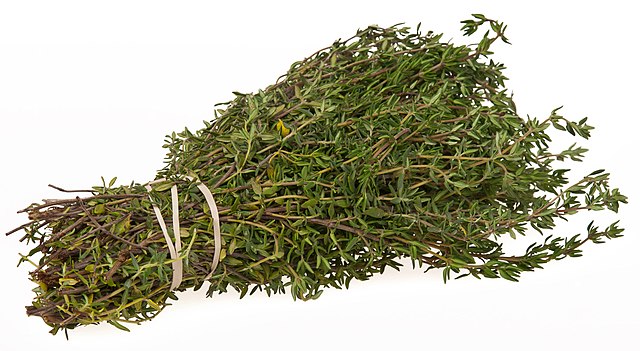Infinite photos and videos for every Wiki article ·
Find something interesting to watch in seconds
Great Cities
Orders and Medals
Celebrities
Kings of France
Famous Castles
Animals
Best Campuses
Richest US Counties
Presidents
Rare Coins
History by Country
Wonders of Nature
Countries of the World
Tallest Buildings
Crown Jewels
Recovered Treasures
Largest Empires
Supercars
Great Artists
Wars and Battles
World Banknotes
Sports
Ancient Marvels
Largest Palaces
Great Museums
British Monarchs
more top lists





